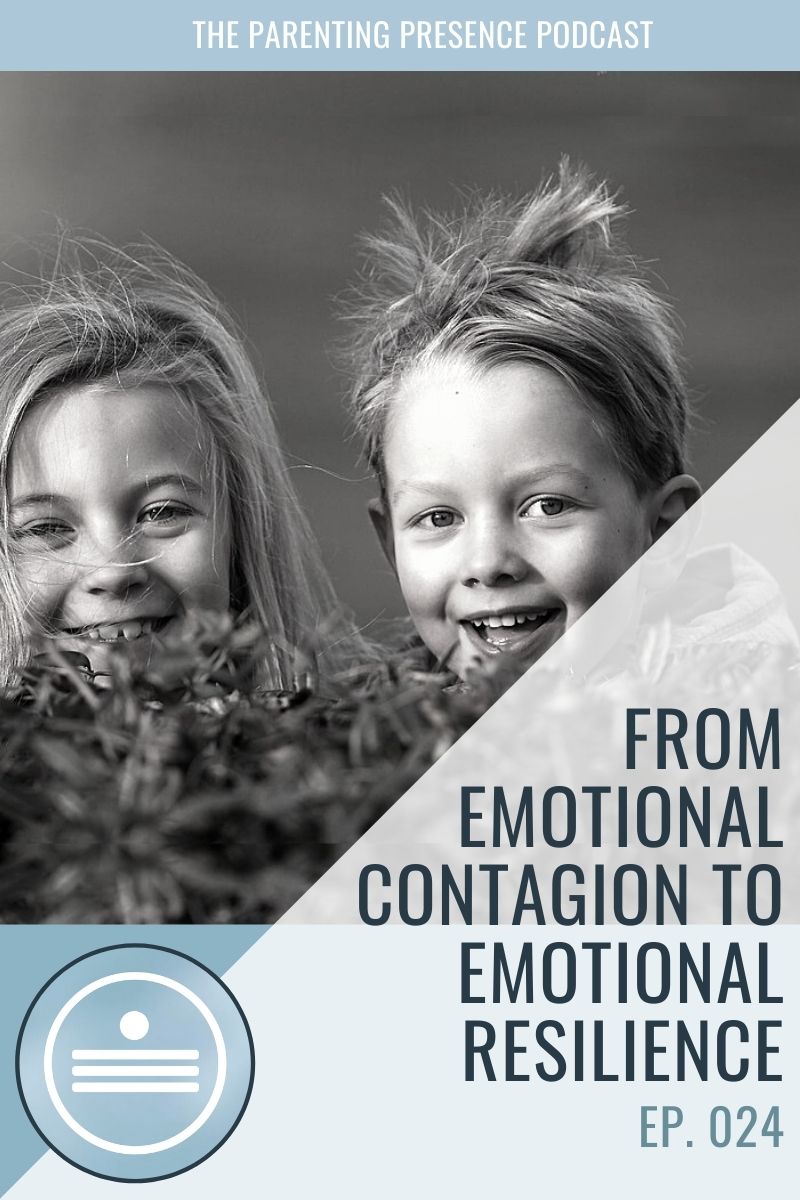
Though not life-threatening, as some viruses are, emotions are extremely contagious. The start of a school year is a big transition for all families, but this year the “back-to-school” is a bit more complicated due to the effects of the Covid-19 pandemic. One of the things to be prepared for is heightened emotions of others, so that we can protect ourselves from the emotional contagion.
The day after the World Health Organization declared a pandemic, I published an article called “How NOT to talk to children about Coronavirus”. It had to do with emotional awareness when sharing alarming information with our children. One of the points in that article is that while it is natural to fear contagion (and take reasonable measures against it), it is also necessary to be aware of and avoid the contagion by fear itself.
Emotions tend to spread. They always do. But in times of stress and heightened instability, they spread even faster and carry a greater impact. Why? Because more people are likely to participate in the transmission of information, misinformation, and their feelings about it. Emotions are important and I talk about them A LOT. Here is the thing, though… What we do with our own emotions is very different from what we do with other people’s emotions.
First of all, we need to be mindful of which emotions are ours and which ones are not. (Yes, there is such a thing as feeling emotions that are not ours.) If we are not aware of this distinction, we may become susceptible to Emotional Contagion. And so, it is important to know:
- what it is
- why it happens
- when it’s more likely to occur
- who is more susceptible to it
As part of this conversation, I also offer you to do a simple experiment. Notice what happens to your face when you look at the faces on the cover images for this episode and Episode 022. This gives you a bit of a glimpse into the mechanism behind emotional contagion.
As we transition into the new school year and may be facing more uncertainty and — most likely — intense emotions (ours or from the people around us). Because of that, we need to be aware of how to keep free and clear of emotions we cannot process.
The only emotions we are not able to process — are other people’s emotions.
It is sometimes challenging to manage negative emotions, but when it so happens that those emotions are not even ours, we may find ourselves overburdened, unable to function, and even in panic. These are the detrimental effects of emotional contagion, but they are completely preventable.
The antidote to emotional contagion is — Emotional Resilience.
Emotional resilience is built on self-awareness and emotional regulation. Strong emotional boundaries also support emotional resilience. I walk you through four critical points of emotional boundaries and emotional resilience, to get you thinking and strengthening your emotional world.
Tune into the episode to hear more!
Learning more about our emotions not only makes us more resilient and less susceptible to emotional contagion, it allows us to use our emotions as tools. And this is really what emotions are supposed to be — tools for our wellbeing. When we can do that for ourselves, we can parent with more ease and teach emotional regulation to our children. Sign up for the Emotionally Intelligent Parenting training.
